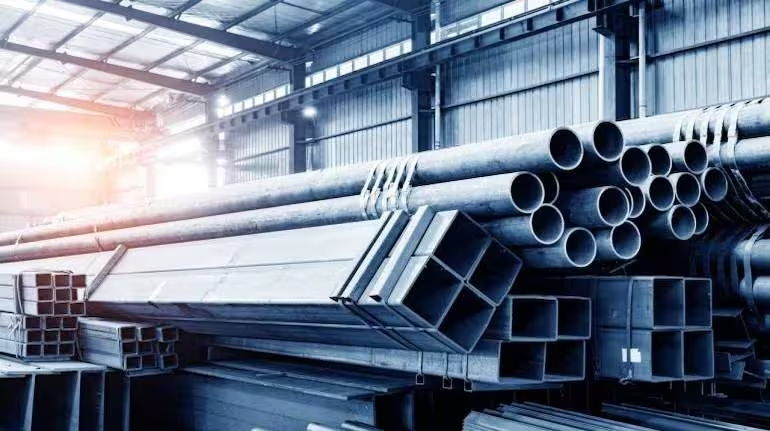India–US Trade Tensions Rise Over Steel and Auto Tariffs NMDC Limited reports a 38% drop in Q4 FY24 consolidated net profit RINL to Raise $23 Million Through Land Sales Amid Crisis

Indian exports increased 170% to 44 million tonnes last year, with the majority going to China at a time when domestic demand for raw materials is increasing. This has prompted the most affected sectors of the industry to seek government limitations to defend their margins.
Anil Nachrani, the head of the Chhattisgarh Sponge Iron Manufacturers Association, stated over the phone last week, "We have asked the government to ban exports of all forms of iron ore — otherwise, China's steel industry will run, and ours will shut." He added, "India ought to export steel, not iron ore."
Nachrani said smaller mills in at least five major manufacturing states have banded together to lobby the steel ministry after many became loss-making. Second-tier producers, which account for about 40% of nationwide output, have been paying almost four times more than bigger operations, he said. India’s top mills can negotiate better prices for inputs like iron ore and coal and often have their mines.
Any move by India to limit exports could underpin iron ore prices, one of this year's worst-performing major commodities. The government has stepped up in the past to safeguard the interests of local producers. In May 2022, it imposed a 50% export tax on all iron ore grades to reduce costs and improve supply. The measure was withdrawn six months later. India’s steel ministry didn’t immediately respond to an emailed request for comment.
The growth in the capacity of India’s big steelmakers has boosted demand locally and intensified competition for the material at auctions and in the open market. But at the same time, end-user demand for steel remains soft, squeezing margins for smaller players. “Demand has been weak on the one hand, and on the other hand, they are not able to compete with major producers who have captive coal and iron ore mines,” said Deependra Kashiva, director general at the Sponge Iron Manufacturers Association, a national body.
Also Read : India's steel, trade ministries are in dialogue over upsurge in Chinese imports China's robust iron ore imports diverge from sluggish steel output: Russell